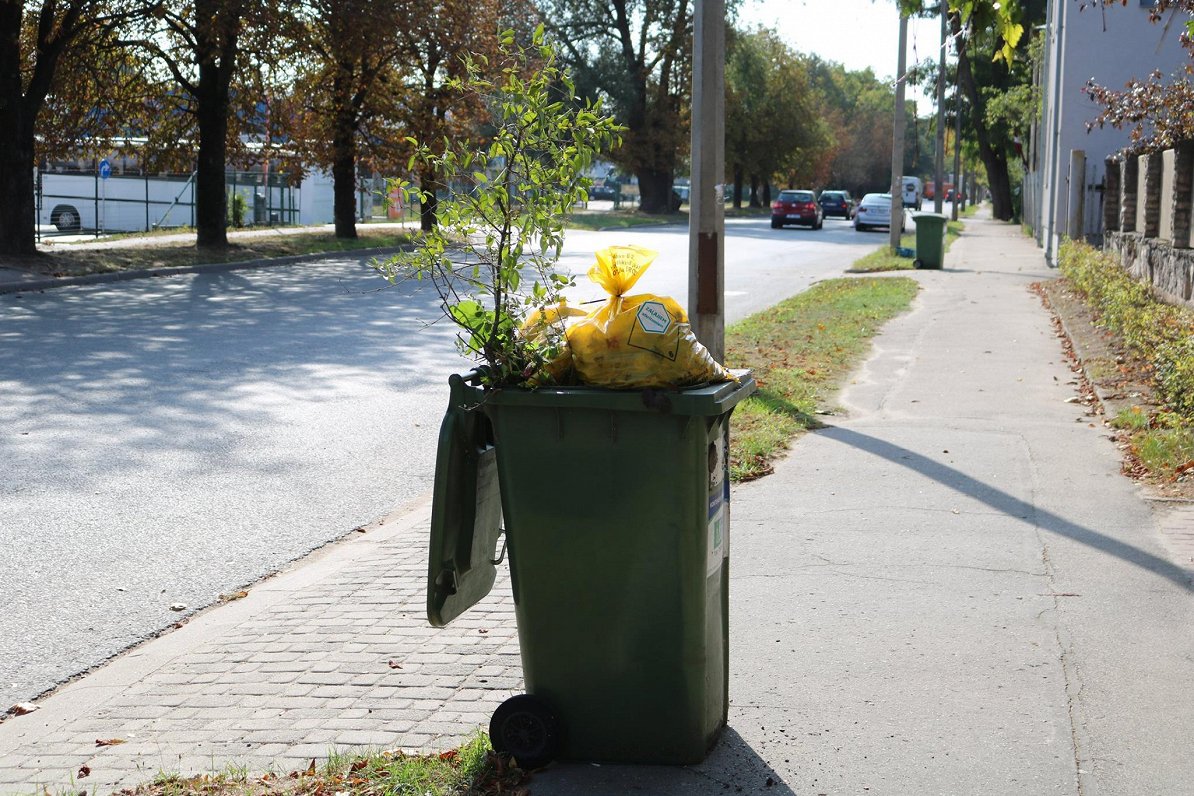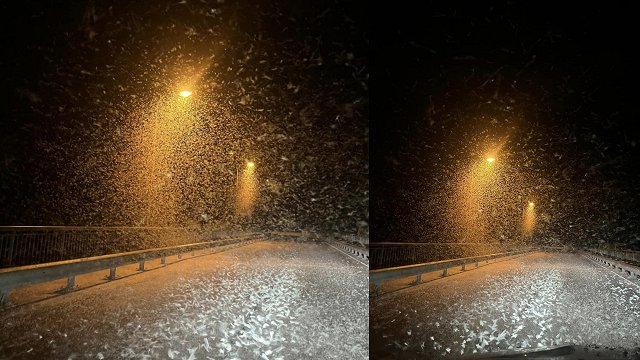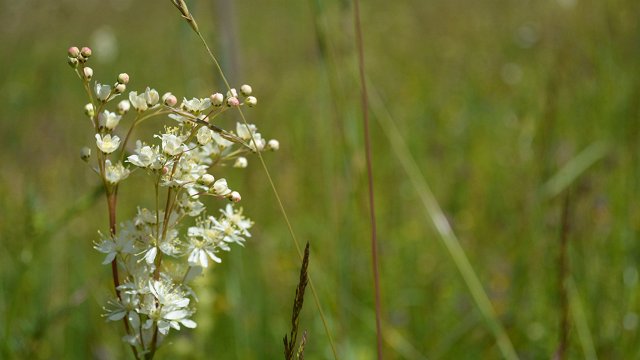Special containers for biodegradable waste are only now gradually emerging in Rīga and the municipalities near Rīga. The director of the environmental management company Eco Baltia vide, Andris Ziemelis, estimated that if the costs for sorted biological waste were cheaper, sorting would be more active.
“It's a charged service, and so maybe this sorting of biological waste does not take place so smoothly. Because the regular recyclables, such as cardboard and wood, are collected free of charge. It is currently stipulated that organic waste costs should not be higher than 80% of municipal waste rates. This means that recycling biological waste is more beneficial for residents than putting it municipal waste, but it is our opinion that this difference should be even higher. This means that if the organic waste tariff for the population is not more than 60% of the municipal waste tariff, then the population will be more interested in sorting biological waste,” said Ziemelis.
How much waste is produced, one can see perfectly at the Getliņi landfill, where trees have already grown on the first mountain of garbage. In order to use part of the biodegradable waste for a second time, in the spring of last year, a biodegradable waste recycling complex started work in the waste management company Getliņi Eko. Both technical compost and biogas are produced from biological waste in Getliņi.
“The gas produced is purified and transmitted to the energy unit of Getlini Eko, where electricity and heat are produced. Electricity is used both for internal purposes and is transferred accordingly to the transmission network, while heat is used in greenhouses to grow cucumbers and tomatoes. […] Of course, we are very interested in [making people more sort waste], because it would give us the opportunity to produce more gas, more energy, respectively, but also, the better sorting of waste, the better ways to recycle them and reduce the volume that needs to be stored in a mountain of waste. The waste is given a second life as a really valuable resource,” Dukaļska said.
Currently, sorting of biodegradable waste has been launched in Riga and in the municipalities of Pierīga, and as of 2023 it will have to be done throughout Latvia.





























